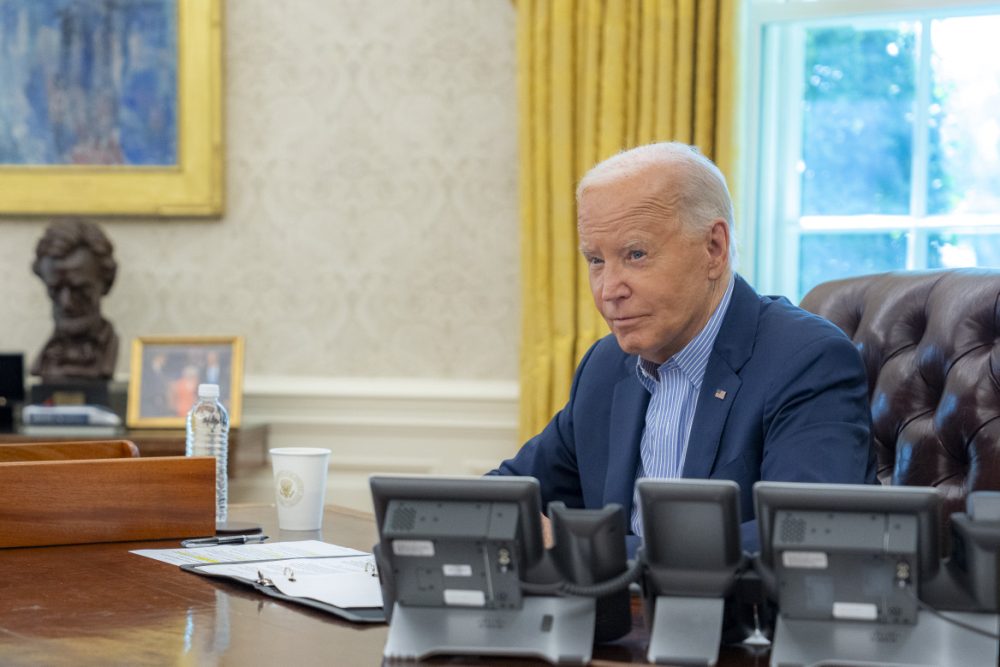The Spanish government has urged authorities in Madrid to tighten coronavirus restrictions across the city, warning of a “serious risk” to residents if they do not.
Madrid extended restrictions in Covid-19 hotspots on Friday but rejected calls for a city-wide lockdown, the BBC reported.
On Saturday Spain’s Health Minister Salvador Illa said current restrictions did not go far enough.
He said it was “time to act with determination” to control the pandemic.
“There is a serious risk for inhabitants, for the neighbouring regions,” Illa said, calling on the capital’s regional authorities to “put the health of citizens first” and impose a partial lockdown on the entire city.
Spain’s regions are in charge of healthcare and so the central government does not have the power to impose the restrictions it prefers.
Madrid is again at the epicentre of Spain’s coronavirus outbreak, as it was during the first peak earlier this year. The country recorded a further 12,272 cases on Friday, bringing the official total to 716,481, the highest infection tally in western Europe.
Spain and many other countries in the northern hemisphere have seen a second wave of the coronavirus pandemic in recent weeks.
The World Health Organization (WHO) has issued a stark warning about the resurgence of the virus in Europe and elsewhere as winter approaches.
European countries were seeing “worrying increases of the disease”, with “a small uptick in deaths in older people” that will inevitably increase, Dr Mike Ryan, head of the WHO’s emergencies team, said on Friday.
Dr Ryan questioned whether European countries had “really exhausted all the tools” at their disposal to prevent a second round of national lockdowns.
“Lockdowns are almost a last resort – and to think that we’re back in last-resort territory in September, that’s a pretty sobering thought,” Dr Ryan told reporters at the WHO’s headquarters in Geneva.
Covid 19: Spanish minister warns Madrid of serious risk









